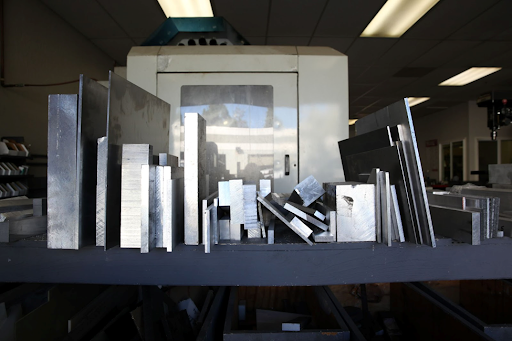About the material
In high-stress/high-temperature applications, PEEK is a great lightweight substitute for most soft metals. Additionally, PEEK is resistant to moisture, wear, and chemicals.
Glass-filled PEEK is a high performance plastic with excellent rigidity, strength and toughness. The addition of glass fibers enhances its ability to maintain dimensional stability even in harsh thermal and chemical environments. This material is often used in the following industries: aircraft, automotive, medical, chemical, semiconductor and microwave.


